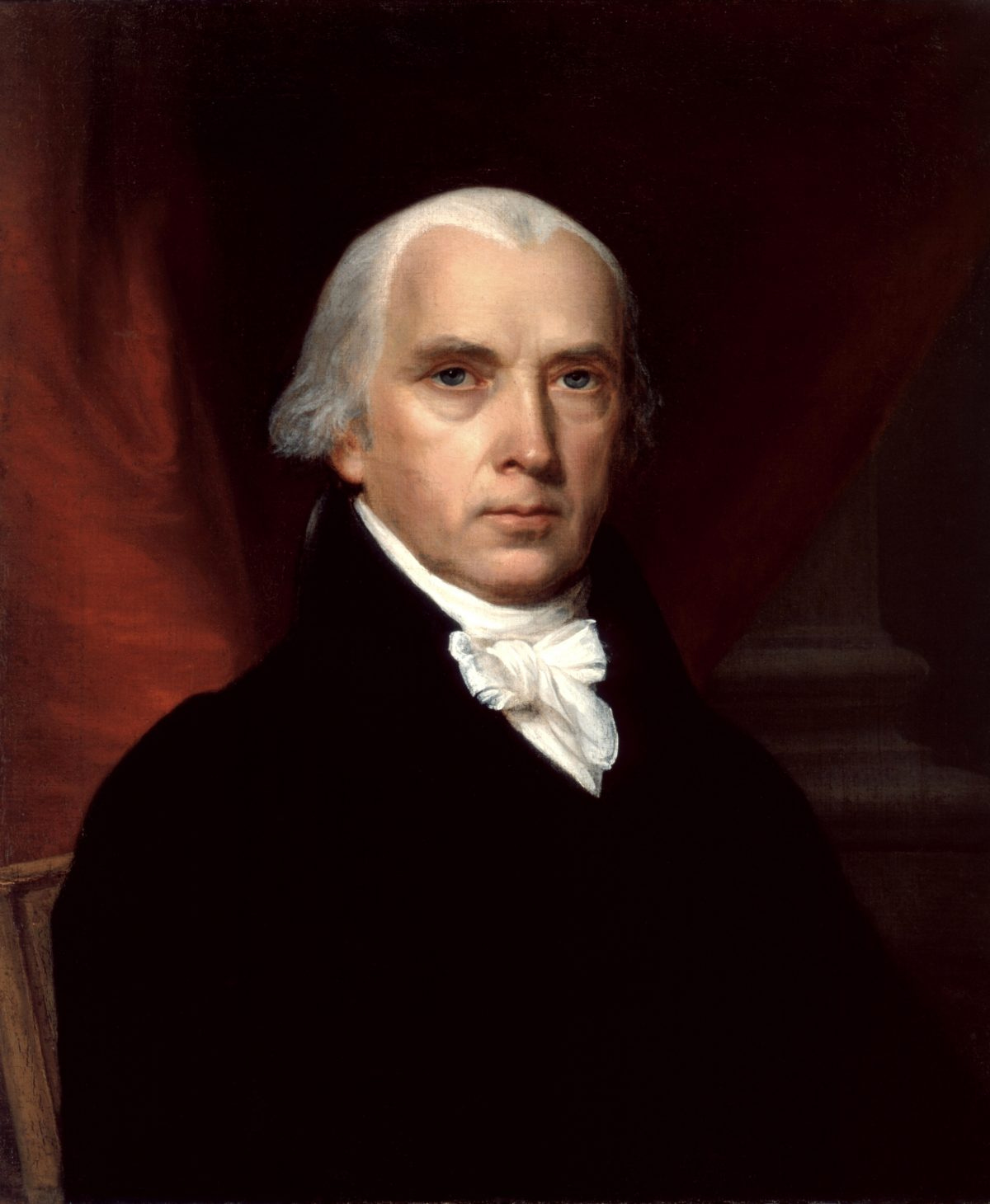Madison's Dire Warning: Have Factional Divisions Passed the Point of No Return?
James Madison, one of America's founders, saw deep divisions coming. Today, we're living his worst fears. This piece explores why our partisan divides feel so inescapable, and what we can actually do to mend the fraying fabric of our society.
A Founder's Forewarning: Why Factions Never Die
Have you ever felt like society is pulling apart at the seams? That conversations about anything important inevitably devolve into shouting matches? You're not alone. What we're experiencing today isn't entirely new; in fact, one of America's brilliant founders, James Madison, saw it coming centuries ago. In his famous "Federalist No. 10," he warned us about "factions" – groups of people united by common passions or interests, often at odds with the rights of others or the good of the whole.
Madison understood that you can't get rid of factions without getting rid of freedom itself. As he put it:
Liberty is to faction, what air is to fire, an ailment without which it instantly expires.
– James Madison, Federalist No. 10
This means we can't just ban disagreements. But Madison believed we could control their effects through a large republic, where so many different groups would exist that no single one could dominate. The idea was to force compromise and deliberation. The big question, the one that keeps me up at night, is whether our current divisions have gone beyond what even Madison could imagine.
Beyond Differences: When Identity Becomes a Weapon
Madison mostly thought of factions in terms of economics or religion. Today, however, our divisions feel much more personal, much more fundamental. We've moved beyond just disagreeing on policy to clashing over core identities and values. The internet, which promised to connect us all, has ironically become a master at separating us into digital tribes. We live in echo chambers, only seeing and hearing what reinforces our existing beliefs.
When our politics become deeply intertwined with our personal identity, compromise feels like a betrayal of self. It's no longer about finding common ground on an issue; it's about defending who you are. This shift makes every political skirmish feel like an existential battle. It's a deep psychological trap, making us more tribal and less willing to even listen to different perspectives. It makes me wonder if our current system is equipped to handle such deeply entrenched ideological warfare.
The Peril of Perpetual Conflict: How Division Paralyzes Progress
Historically, when we thought about tyranny, we often imagined a powerful majority crushing a minority. Today, the problem often feels reversed: highly energized minorities on the extremes, amplified by social media, can hold the political center hostage. They make compromise a dirty word, ensuring nothing gets done unless it perfectly aligns with their narrow agenda. This gridlock makes people lose faith in democracy itself, believing it's too broken to fix.
Think about it: where do we even go to talk to each other anymore? The community groups, local newspapers, even shared social spaces that once brought diverse people together have either faded or become just as polarized. Without these neutral grounds, it's easy to see "the other side" as alien, even evil. This is where the Madisonian vision truly struggles, as the very social fabric that allowed for diverse factions to coexist and eventually compromise is now fraying.
The fundamental challenge of a democracy is to accommodate differences without destroying community.
– Danielle Allen, Political Theorist
This challenge feels particularly acute right now, doesn't it?
Finding Our Way Back: Practical Steps Towards Unity
So, what can we do? It's easy to feel helpless, but I truly believe we can start mending these divisions. It begins with us, individually. We need to consciously step out of our echo chambers. Read news from sources you don't normally agree with, not to convert, but to understand. Engage in conversations with people who think differently, but do it with genuine curiosity, not with the goal of winning an argument.
Beyond individual action, we need systemic changes. Things like ranked-choice voting or non-partisan redistricting can help ensure our elected officials are accountable to a broader range of voters, not just the most extreme factions. But perhaps most importantly, we must rediscover the lost art of listening, recognizing that our political opponents are not necessarily our personal enemies. This doesn't mean abandoning your principles, but approaching disagreements with humility and a genuine desire to find common ground for the collective good. It's about remembering that we're all in this together, as citizens of the same republic.
Go Deeper
Step beyond the surface. Unlock The Third Citizen's full library of deep guides and frameworks — now with 10% off the annual plan for new members.
A Renewed Hope for a Shared Future
Madison's warnings were not a prophecy of doom, but a call to vigilance. The question isn't whether factional divisions have passed a "point of no return," but whether we, as citizens, are willing to turn back from the brink. The health of our republic depends on our willingness to move beyond destructive partisanship and embrace a more constructive, deliberative form of engagement.
It's not about erasing our differences, but about learning to navigate them with respect and a shared commitment to the common good. This is the challenge, and the profound opportunity, facing us today. Let's work to build a future where our disagreements strengthen, rather than shatter, our society.




My friends meet for breakfast and the authenticity of our perspectives eagerly shared. Sometimes a group of varied outlooks, then with only two or three of us who are truly aligned.
Yep.